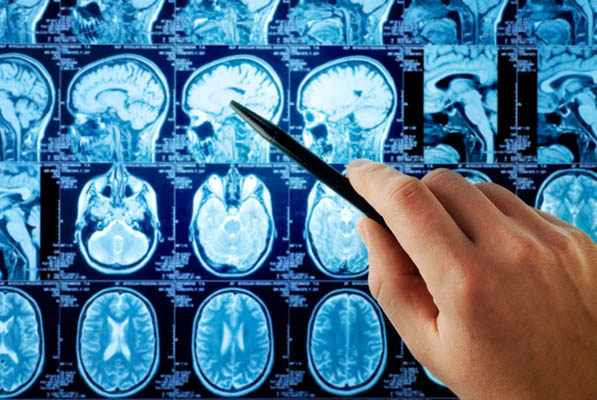How Brain Tumors are Commonly Treated

Brain tumors are not a condition that is easy to deal with. In fact, there is a lot that goes into diagnosing and treating a brain tumor. Thankfully, brain surgeons dedicate their days to monitoring and treating them so that good health can be obtained. Of course, there are different kinds of brain tumors varying in size and severity. These two factors play a large role in what type of treatment will be administered. Continue reading to get a better idea of what treatment may look like.
Brain tumor treatment
Outlined below are a few ways that brain tumors are treated by a surgeon. This information can be helpful to review when dealing with brain-related conditions or injuries.
Chemotherapy
A common way that brain surgeons will treat a tumor is by administering chemotherapy, which simply refers to medications. In regards to brain tumors, chemotherapy is typically handled by a medical professional injecting the medications directly into the cerebrospinal fluid.
Typically, chemotherapy is done in waves, as opposed to all at once. These cycles are recommended by the brain surgeon because chemotherapy can be rough on the body. Chemotherapy appointments are usually done in the hospital so that the brain surgeon can monitor the patient.
Craniotomy
Most brain surgeons prefer to treat a brain tumor by performing a craniotomy, which is a surgical procedure that involves the removal of the tumor. The goal of a craniotomy is to completely remove the tumor without damaging nearby parts of the brain, if possible. However, this can be difficult depending on the size and location. If the entire brain tumor cannot be removed during the craniotomy, the surgeon will remove part of it, which can help relieve any symptoms.
A craniotomy will also require patients to rest and heal for a significant period of time afterward. It is key to have support to ensure proper healing over time. Additionally, the brain surgeon will require follow-up appointments to ensure that the brain is in good shape after surgery.
Radiation
Another way that brain tumors are treated is via radiation, which is the use of high-powered rays to destroy cancerous cells or any left behind tissue that still has tumor remnants in it. Radiation is typically used for extremely small tumors that may not be accessible via surgery or after a craniotomy to get rid of anything left behind.
There are two types of radiation administration for brain tumors. The most common is via external radiation that comes from a machine. The second type is via an implant, which is radioactive material that is placed directly on the brain.
Talk to a brain surgeon
When suffering from any problems relating to the brain, especially tumors, the best thing to do is consult with a surgeon. Brain tumors require intense monitoring to ensure that they do not spread or grow in size. This means that it is necessary to see a brain surgeon on a regular basis. To find out more about treatment options or get scheduled, reach out today for an appointment.
Request an appointment here: https://www.brainandspineni.com or call Brain and Spine Neuroscience Institute at (813) 751-2029 for an appointment in our Palm Harbor office.
Check out what others are saying about our dental services on Yelp: Brain Tumor in Palm Harbor, FL.
Related Posts
Your baby needs hydrocephalus treatment if there is a buildup of CSF (cerebrospinal fluid) in the spinal column and brain. The telling sign is the enlargement of the heads of young kids and newborns. This excess fluid puts pressure on the brain tissue. This could lead to cognitive and general health issues if it does…
A brain anerusym is a serious condition that occurs in a blood vessel in the brain. It can lead to severe complications, including a rupture that causes brain hemorrhage. Understanding the symptoms, risks, and treatment options can help ensure patients take the necessary and immediate action to prevent the condition from worsening.A brain aneurysm forms…
Traumatic brain injury is one of the conditions that a neurosurgeon treats. The condition is simply a brain injury resulting from trauma – a blunt force to the head or an object breaking through the skull to reach the brain tissue. Depending on the severity of the brain damage, the symptoms can range from mild…
A stroke treatment center provides comprehensive care for patients recovering from a stroke, from emergency treatment to the support they need to support their long-term health. These facilities are staffed by highly trained professionals and advanced medical technology. Stroke treatment centers aim to provide patients with the best possible treatment at every stage of their…
